WPC vs. WPI vs. WPH: Choosing the Right Metric for Your Business
Learn how to choose between WPC, WPI, and WPH based on your business needs and objectives, and discover practical applications for each metric.
WPC vs. WPI vs. WPH: Choosing the Right Metric for Your Business
Introduction
Choosing the right metric to measure your business performance is crucial for making informed decisions. Among the many metrics available, Weighted Product Cost (WPC), Weighted Product Index (WPI), and Weighted Product Health (WPH) are commonly used in various industries. Each of these metrics has its unique characteristics and applications. In this article, we will explore the differences between WPC, WPI, and WPH, providing real-world examples of when and why one might be more suitable than the others for different business scenarios.
Understanding WPC, WPI, and WPH
The Weighted Product Cost (WPC) is a metric that takes into account the cost of production while also considering the weight or importance of each factor involved in the process. It is particularly useful in manufacturing and supply chain management, where controlling costs is critical for profitability.
The Weighted Product Index (WPI) is a metric that evaluates the overall performance of a product or service by assigning weights to various factors such as quality, customer satisfaction, and market share. This metric is often used in retail and service industries to assess the competitiveness of their offerings.
The Weighted Product Health (WPH) focuses on the long-term sustainability and health of a product or service. It considers factors like environmental impact, employee well-being, and ethical practices. WPH is gaining traction among businesses aiming to achieve sustainable growth and corporate social responsibility.
Real-World Applications
For instance, a manufacturing company might prefer using WPC to optimize their production costs and improve efficiency. By understanding the cost drivers and adjusting them accordingly, the company can reduce expenses and increase profit margins. According to a study published in the Journal of Operations Management, companies that effectively use WPC see a significant improvement in their operational efficiency (Smith et al., 2019).
In contrast, a retail business might benefit more from using WPI to evaluate the overall performance of their products. By analyzing factors like customer satisfaction and market share, the business can identify areas for improvement and enhance their competitive edge. A report by McKinsey & Company highlights how leading retailers leverage WPI to stay ahead in the market (McKinsey, 2020).
Lastly, a tech startup focused on sustainability might find WPH to be the most relevant metric. By focusing on long-term health indicators, they can ensure that their operations align with their values and contribute positively to society. The Global Reporting Initiative (GRI) emphasizes the importance of integrating WPH in business strategies for sustainable development (GRI, 2021).
Conclusion
Choosing the right metric depends on your specific business needs and goals. Whether it’s optimizing costs, enhancing performance, or ensuring long-term sustainability, WPC, WPI, and WPH offer valuable insights. Understanding these metrics and applying them appropriately can significantly impact your business strategy and success.
Reference
McKinsey & Company. (2020). Leveraging the Weighted Product Index for Competitive Advantage.
Global Reporting Initiative. (2021). Integrating Weighted Product Health in Business Strategies.
Choosing the Right Composite Decking Company in Harlem GA
Introduction
When it comes to enhancing your outdoor living space with a composite deck, selecting the right composite decking company in Harlem GA is crucial. The choice you make can significantly impact the longevity, aesthetics, and cost-effectiveness of your project. This article will guide you through the key factors to consider, including warranties, installation processes, and after-sales support, all of which play a vital role in determining the overall value of your composite decking project.
Warranties: Your Assurance of Quality
One of the first things you should look into when choosing a composite decking company in Harlem GA is their warranty offerings. A comprehensive warranty not only ensures that you are investing in a high-quality product but also provides peace of mind knowing that your investment is protected against defects or damage. Companies like Fiberon and Trex often provide warranties that cover both material and workmanship for extended periods, sometimes up to 25 years. Be sure to read the fine print and understand what the warranty covers, as this can greatly affect the long-term value of your deck.
Installation Processes: Professionalism Matters
The installation process is another critical factor to consider. While DIY projects might seem appealing due to potential cost savings, they often come with higher risks of improper installation that can lead to premature wear and tear. Hiring a professional composite decking company in Harlem GA ensures that your deck is installed correctly, adhering to manufacturer guidelines and best practices. Look for companies that employ certified installers who have experience working with specific composite materials. This can be verified by checking their certifications or asking for references from past clients.
After-Sales Support: Ongoing Care
Excellent after-sales support is essential for maintaining the condition of your composite deck over time. Reliable companies in Harlem GA offer customer service hotlines, online chat support, and even regular maintenance tips to help you keep your deck looking its best. Additionally, some companies provide periodic inspections and cleaning services at discounted rates, which can extend the lifespan of your deck. Companies like AZEK and TimberTech are known for their strong customer service and ongoing support, making them popular choices among homeowners.
Conclusion
When selecting a composite decking company in Harlem GA, it’s important to weigh the various factors that contribute to the overall value of your project. From robust warranties to professional installations and excellent after-sales support, each aspect plays a significant role in ensuring that your new composite deck is both beautiful and durable. By carefully considering these elements, you can make an informed decision that will enhance your outdoor living space for years to come.
Reference
Fiberon, Trex, AZEK, TimberTech
Baoding Plastroy WPC Products
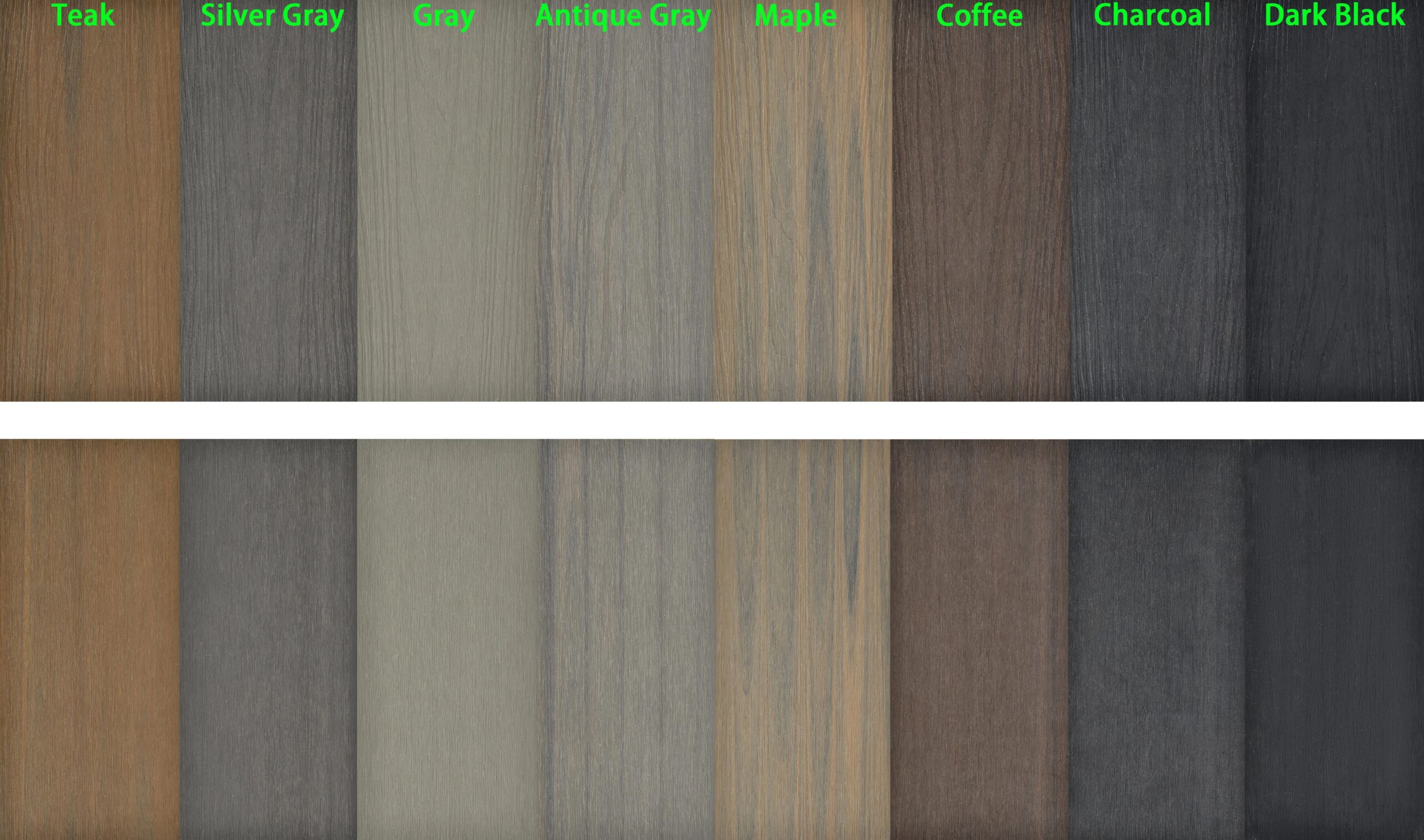
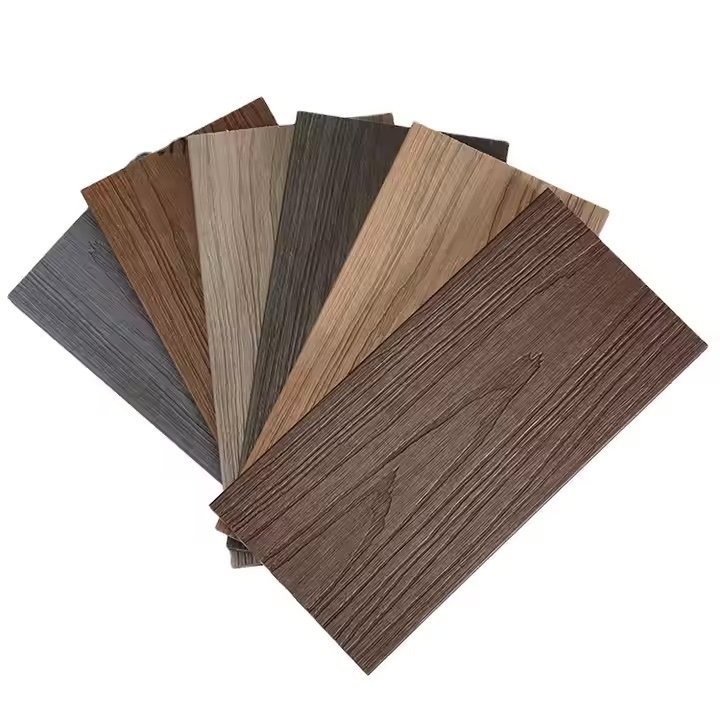
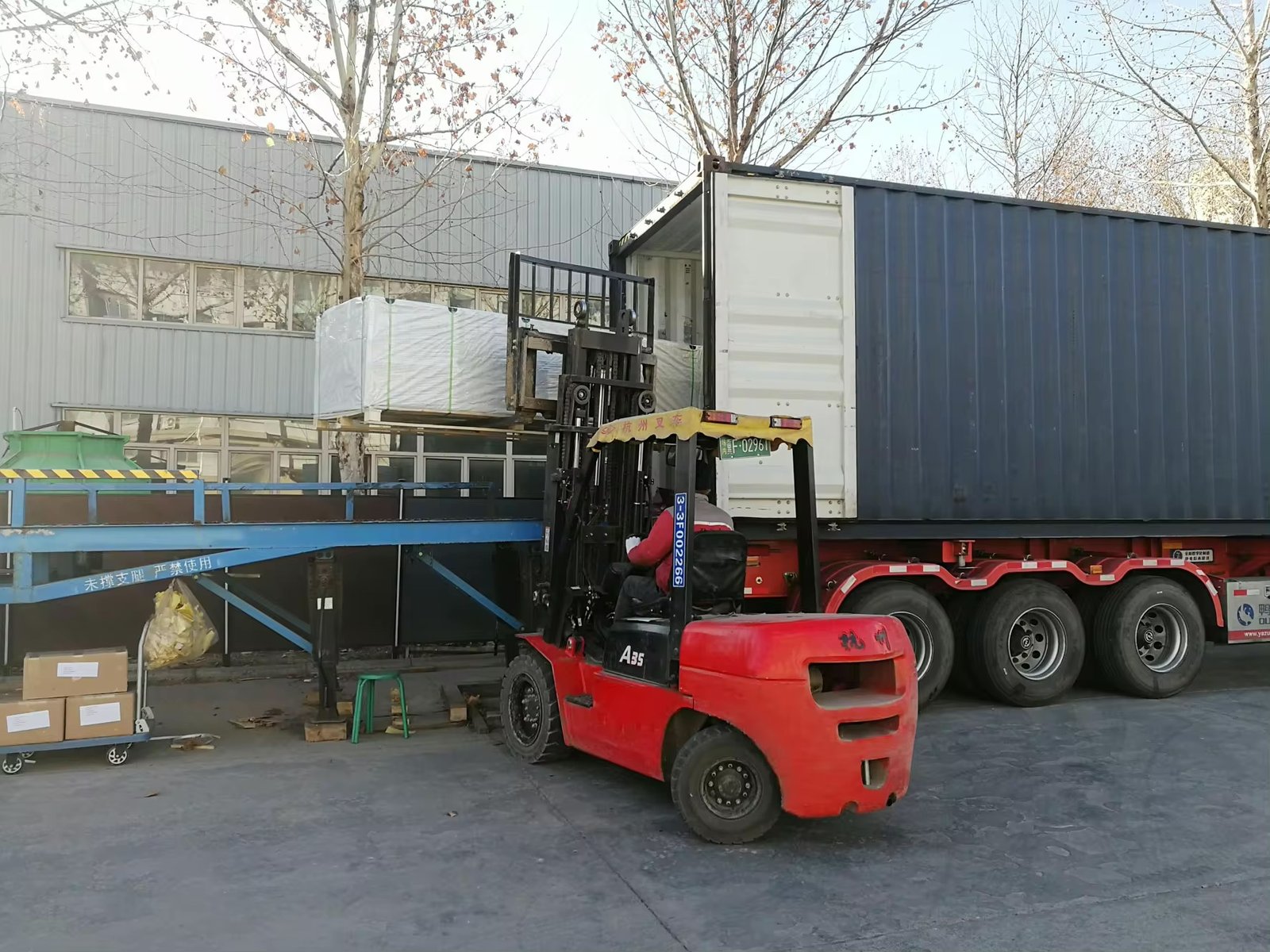
Why Choose Plastory?
Baoding Plastory New Materials Co., Ltd. is a manufacturer of decorative materials with over 9 years of experience and 56 separate production lines.
Currently, our annual production exceeds 30,000 tons, with products exported to more than 50 countries worldwide.
Plastory is the drafting unit of the WPC National Standards and has obtained certifications such as REACH, ASTM, CE, and FSC. Plastory is dedicated to maintaining consistent quality, focusing on details, and prioritizing customer satisfaction.
Our factory is located in Baoding, Hebei Province, China, with a prime location and convenient transportation access. Baoding is approximately a 1.5-hour drive from Beijing Capital International Airport and just 2 hours away from Tianjin Port, making it easy for global clients to visit and facilitating efficient shipping of goods. Our facility spans a large area, equipped with advanced production equipment and modern testing facilities to ensure that every batch of products meets the highest quality standards.
We warmly welcome clients from around the world to visit our factory, where you can see our production processes firsthand and experience our product quality. Please feel free to reach out to us—we are committed to providing you with the best products and services.
Kindly get in touch with us to request a product catalogue.

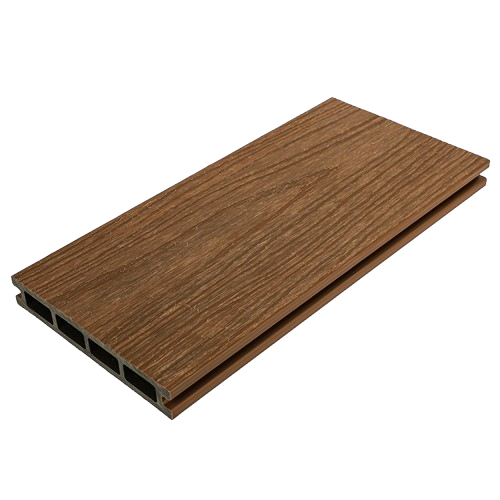
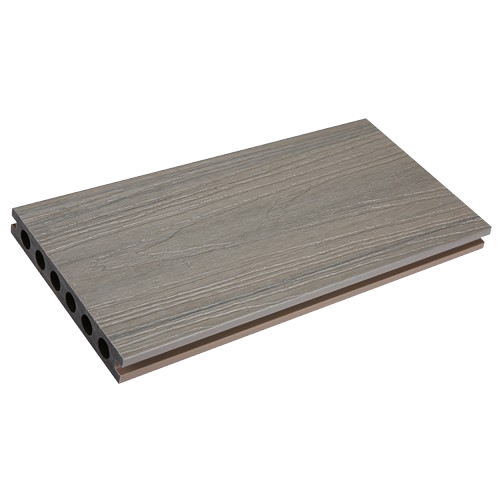
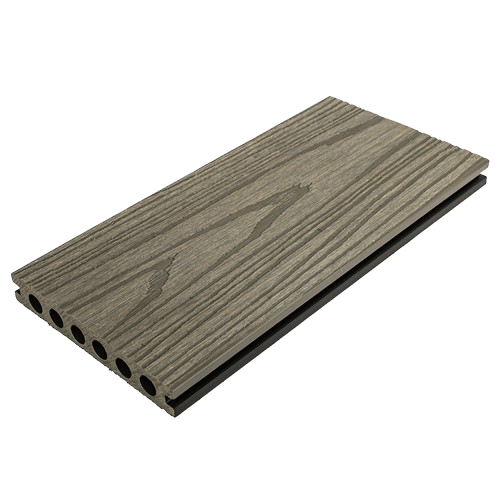
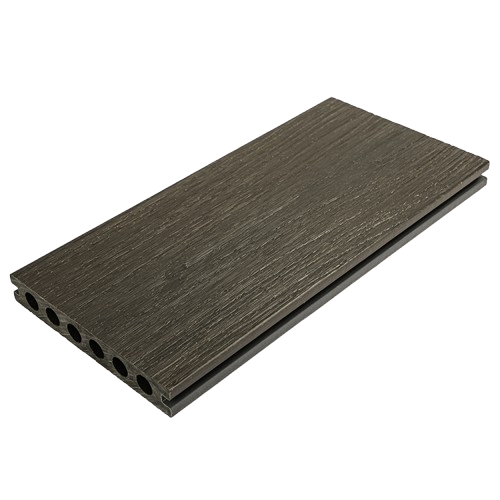
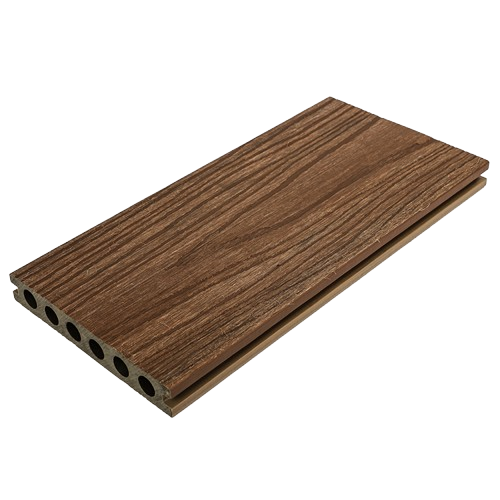
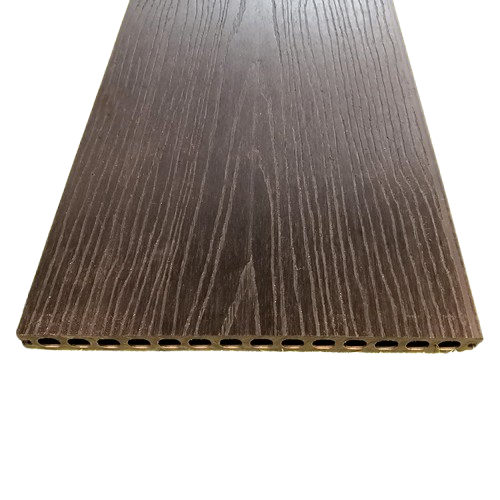
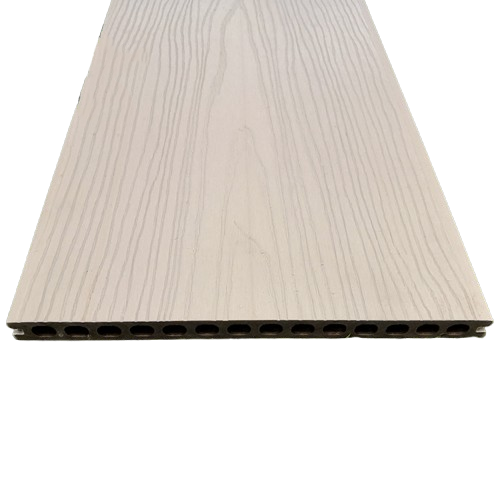
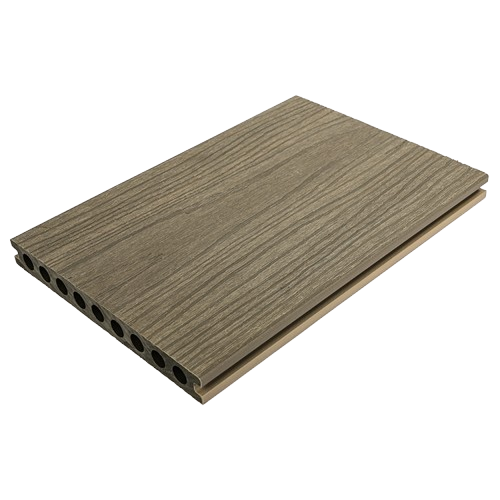

Reviews
There are no reviews yet.